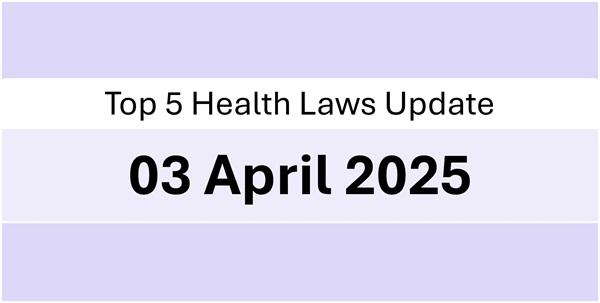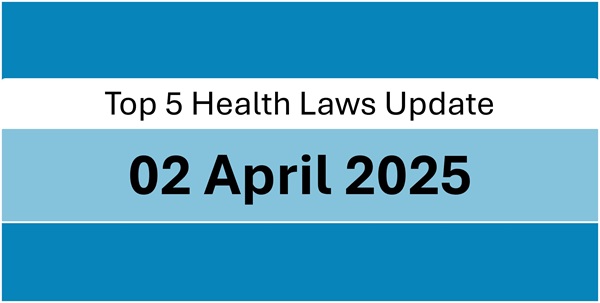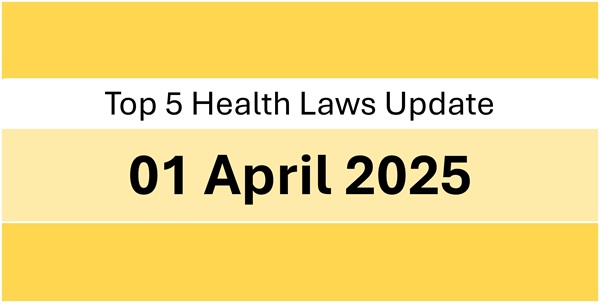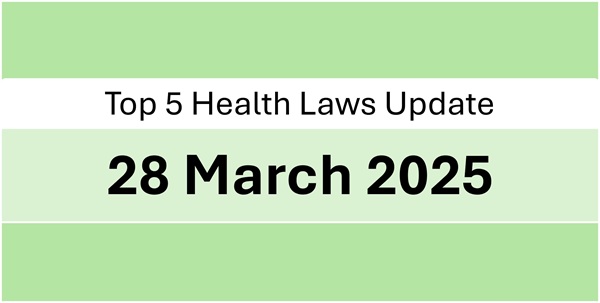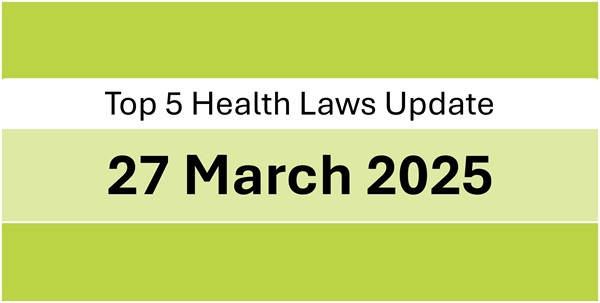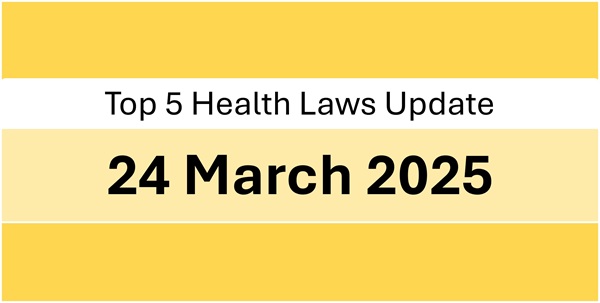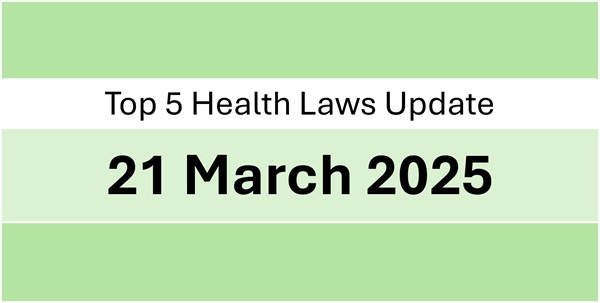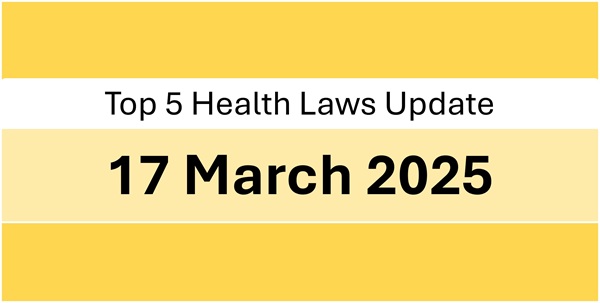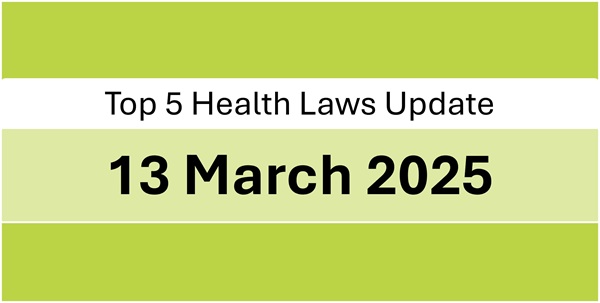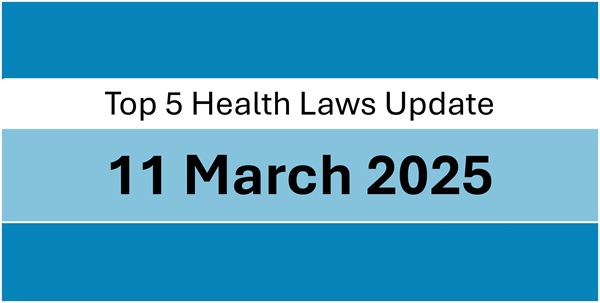Dear Readers, we are happy to share the most interesting legal and policy updates concerning health industry that we read today. we hope you enjoy reading it.
1. The Indian Government amended the definitions of micro, small, and medium enterprises (MSMEs) on March 21, raising investment and turnover limits. This reclassification will move many medium-sized businesses to the small enterprise category, enabling access to benefits like public procurement, the GeM platform, and dispute resolution services.
Source: bit.ly/4iQlc7N
2. The Rajasthan High Court quashed a drug complaint, ruling that failing a dissolution test is a minor defect and not the ground for prosecution if the active pharmaceutical ingredient is within standard limits. The court held that slower dissolution doesn’t affect efficacy or make the drug spurious by itself.
Source: bit.ly/43DZJKO
3. The United States Food and Drug Administration (US FDA) has rejected in vitro studies conducted by an India-based contract research organization due to significant data integrity issues. Certain generics relying on bioequivalence data from the affected studies are marked with a “BX,” indicating insufficient evidence for therapeutic equivalence, thereby impacting their market status and sale.
Source: bit.ly/3FPn9mB
4. The Association of Indian Medical Device Industry (AiMED) has reportedly criticized Gujarat Government’s new pricing for drug-eluting stents, which sets USFDA-approved stents at double the price of domestic-approved ones. The association urged the state to reverse the decision, noting that such price disparities are not observed globally.
Source: bit.ly/4hXrfWM
5. According to a fact sheet issued by the White House after the US President’s announcement, pharmaceutical products are not yet subject to reciprocal taxes, providing relief to Indian pharmaceutical companies that earn significant revenues from exports to the United States.
Source: bit.ly/3YdSJAy

